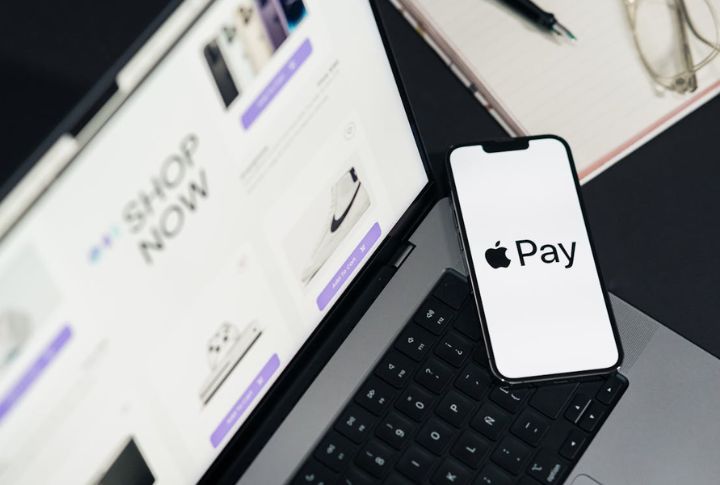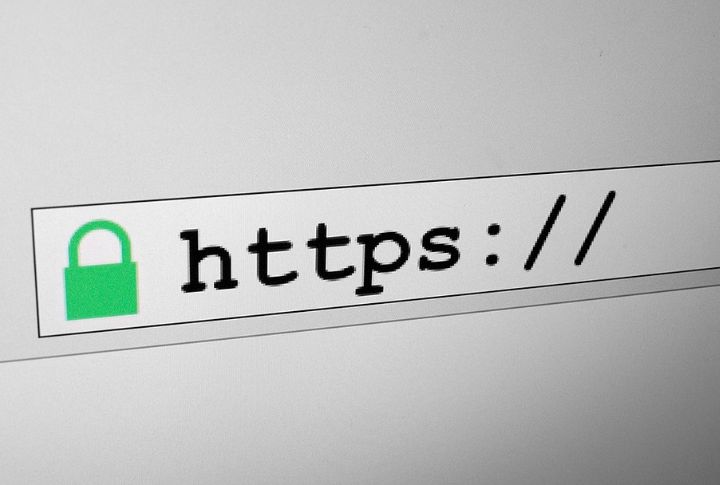
That unbelievable deal probably is unbelievable for a reason. Cyber Monday floods your inbox and browser with offers designed to make you click first and think later. Scammers exploit this urgency perfectly, and legitimate retailers sometimes inflate “discounts” that aren’t really discounts at all. Shopping smart means staying skeptical and checking specific things before money leaves your account. Here’s your checklist.
Verify The Deal’s Authenticity

Scammers usually create fake websites and ads that mimic popular stores, promoting deals that are too good to be true. Always double-check web addresses and contact information. Also, beware of “typo squatting,” where minor domain misspellings trick shoppers, and remember that sponsored ad scams can appear on social media and search engines too.
Check Product Reviews

Customer reviews are invaluable for spotting unreliable sellers and low-quality products. Review multiple platforms, as some fake websites copy images and reviews to appear trustworthy. Honest reviews frequently reveal hidden problems, such as slow shipping or poor customer service, before you make a purchase.
Review Return Policies

Before clicking “Buy Now,” carefully understand the retailer’s return policy. Some items may be final sale, and policies for these products may differ if third-party sellers sell them. During the holidays, many stores also provide extended return windows. Reading the fine print ensures you can return or exchange items without unexpected complications.
Set A Budget Limit

Setting a spending limit before shopping prevents overspending during Cyber Monday’s flashy sales. Buy Now, Pay Later services can spread out costs, but they may include fees for missed payments. Browser extensions and apps can help track your spending and avoid impulse purchases triggered by irresistible online deals.
Ensure Site Security (HTTPS)

See that “S” in HTTPS? It stands for “secure,” and it’s non-negotiable for online shopping. This encryption shields your personal information during checkout. Click the padlock icon to verify the site’s legitimacy. Real businesses prioritize your security, whereas fake ones often neglect proper protection.
Avoid Public Wi-Fi

Never shop on public Wi-Fi—it’s like handing your credit card to strangers. Hackers love unsecured networks because they can grab your data mid-transaction. Wait until you’re home or use your mobile data. Your financial information deserves better protection than a cafe’s free internet.
Use Credit Cards Over Debit

Credit cards provide stronger protection against fraud compared to debit cards. Avoid wire transfers or prepaid cards for online purchases. If unauthorized charges occur, credit card companies can assist in disputes. Their fraud protection makes them safer for online shopping, thereby giving you peace of mind during Cyber Monday’s busy and competitive sales.
Type URLs Directly

Those tempting email links? Skip them. Type the retailer’s URL directly into your browser to avoid clever phishing traps. Fraudsters design fake storefronts that mirror real ones perfectly, then steal your payment details. Bookmark your favorite stores now to shop safely later without second-guessing.
Trust Your Instincts On Site Legitimacy

If a website or deal feels suspicious, trust your instincts and avoid purchasing. Unrealistic discounts, poor design, and fake urgency tactics, such as countdown timers, usually indicate scams. Pausing to verify the site’s legitimacy protects your money. Gut feelings can help you handle evolving scam tactics during holiday shopping seasons.
Enable Multi-Factor Authentication (MFA)

Turning on MFA makes your online shopping accounts much harder for hackers to access, even if someone gets your password. Many stores let you set it up through text messages or authentication apps. Cybersecurity experts recommend using MFA on all accounts to protect your personal and payment information.

